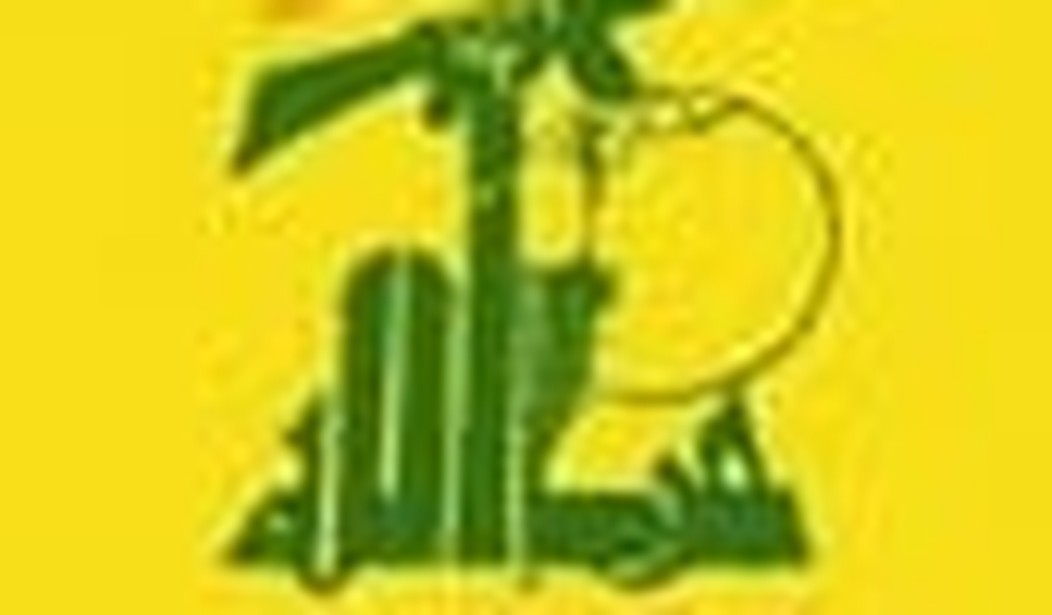Five years have passed since the Second Lebanon War. Five years since the burnt forests, the Katyusha rockets, the blazing sunlight, and bitter lessons of that summer in 2006. A half-decade on, Israel has improved both its battle readiness and its knowledge of the enemy. As for Hizballah, it is both stronger yet paradoxically also more vulnerable and isolated than it was back then.
Hizballah and its allies constructed a story of “divine victory” from the 2006 events. This claim was hollow as Israel’s mistakes and shortcomings were many and amply detailed in Judge Eliyahu Winograd’s investigation.
Still, southern Lebanon was left devastated by the war. Hizballah had no way to prevent this. The movement lost at least 500 fighters dead. It also lost open control of the border area with Israel. Hassan Nasrallah, the leader of Hizballah, admitted in the months afterwards that had he known of the consequences he would never have launched the initial operation to kidnap the Israel Defense Force (IDF) soldiers which led to the war.
The 2006 war was, however, but a single engagement in a larger conflict pitting Iran and its allies and clients against the West and its regional allies. The war failed to settle this issue in any significant way. After the ceasefire Israel and Hizballah remained arrayed against one another along the border. Both sides began a rapid process of review and rebuilding. In Hizballah’s case, this clearly contradicted UN Resolution 1701, which ended the war and promised that Hizballah would not be allowed to return to the south and rebuild its fortifications there.
Today, the IDF has significantly improved its stance vis-a-vis Hizballah. Tactics and equipment have been modified, training has focused on specific countermeasures, and there is a far higher rate of combat readiness.
Yet Hizballah too has vastly increased its capabilities. It now possesses 60,000 short range missiles aimed at Israel. It has also, according to reliable sources, significantly improved its medium and long-range missile capabilities. The movement’s possession of the M-600 missile system gives it the ability to hit populated areas in central Israel. It is reported also to possess a number of Scud-D missiles which might possibly strike targets anywhere in Israel.
The most significant change in the situation since the 2006 war relates to Hizballah’s relative political standing. A creation and client of non-Arab Iran, Hizballah posed in 2006 as the representative of all Arabs and Muslims in fighting against Israel. Paradoxically, since the war Hizballah has grown politically and physically more powerful. But its claim to represent a general Arab or Muslim interest, as opposed to a particular Shia and pro-Iranian one, looks more and more flimsy.
In 2006, the movement was an independent political and paramilitary element in a country ruled by a pro-Western coalition government. Following the war, Hizballah launched a campaign to bring down and discredit this government. This has now been achieved and Hizballah is the dominant force in Lebanon’s government. The line marking where Hizballah ends and the “legitimate” Lebanese state begins is hard to identify and in many ways does not exist at all.
But with this strength has come reduced legitimacy. Hizballah had always claimed that its weapons existed only for action against Israel. Its takeover of west Beirut in June 2008 belied this claim. More profoundly, the indictment of four movement members this year for the murder of former Lebanese Prime Minister Rafik al-Hariri damages the movement’s standing among non-Shia in Lebanon and beyond it.
Hizballah has also come out badly from the political upheavals in the Arab world this year. The movement has strongly supported the Assad regime in Syria. This has accentuated its being seen as part of the largely Shia bloc led by Iran. Should the Assad regime fall and be replaced by a Sunni regime, this would increase the organization’s isolation and be a heavy blow for the pro-Iranian alliance.
In addition, Hizballah militants are training Iraqi Shia terrorists to fight the Americans in Iraq. There are rumors of its involvement in repression in Syria. It rules by fear in Lebanon, creating resentment and enemies rather than letting Hizballah play the part of a patriotic defender of the country.
So Hizballah is physically stronger than in 2006, but it is also more vulnerable.
In February 2008 its most senior military activist, Imad Mughniya, was assassinated in Damascus. Hizballah, blaming Israel, wants revenge for this. This could be the spark for a renewed conflict.
Should conflict with Israel return, it would acquire dimensions that would make 2006 look like a small rehearsal. This time around, Israel would be likely to regard the conflict as a state-to-state war– the first between Israel and an Arab state since 1973.
For the moment, Israel and Hizballah-controlled Lebanon watch each other across the border. The frontier is unusually quiet, but permanently tense. So if war comes, Hizballah will enter it physically stronger than in 2006, but also politically more isolated, more exposed, and hence more vulnerable. As for Israel it will be at this point, and only at this point, that it will be possible to examine the claims of greater readiness, better planning and sharper intelligence against the test of reality.









Join the conversation as a VIP Member